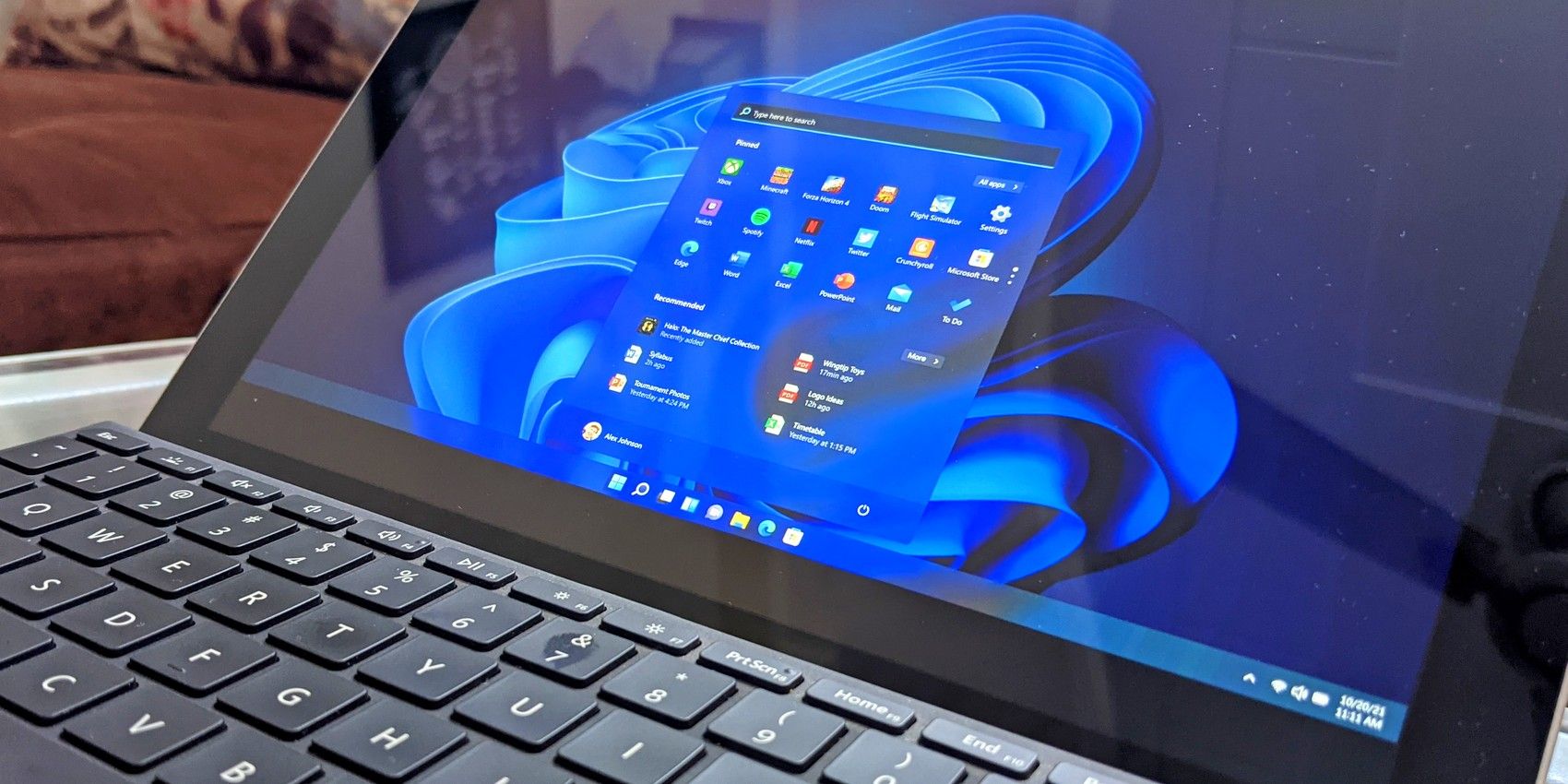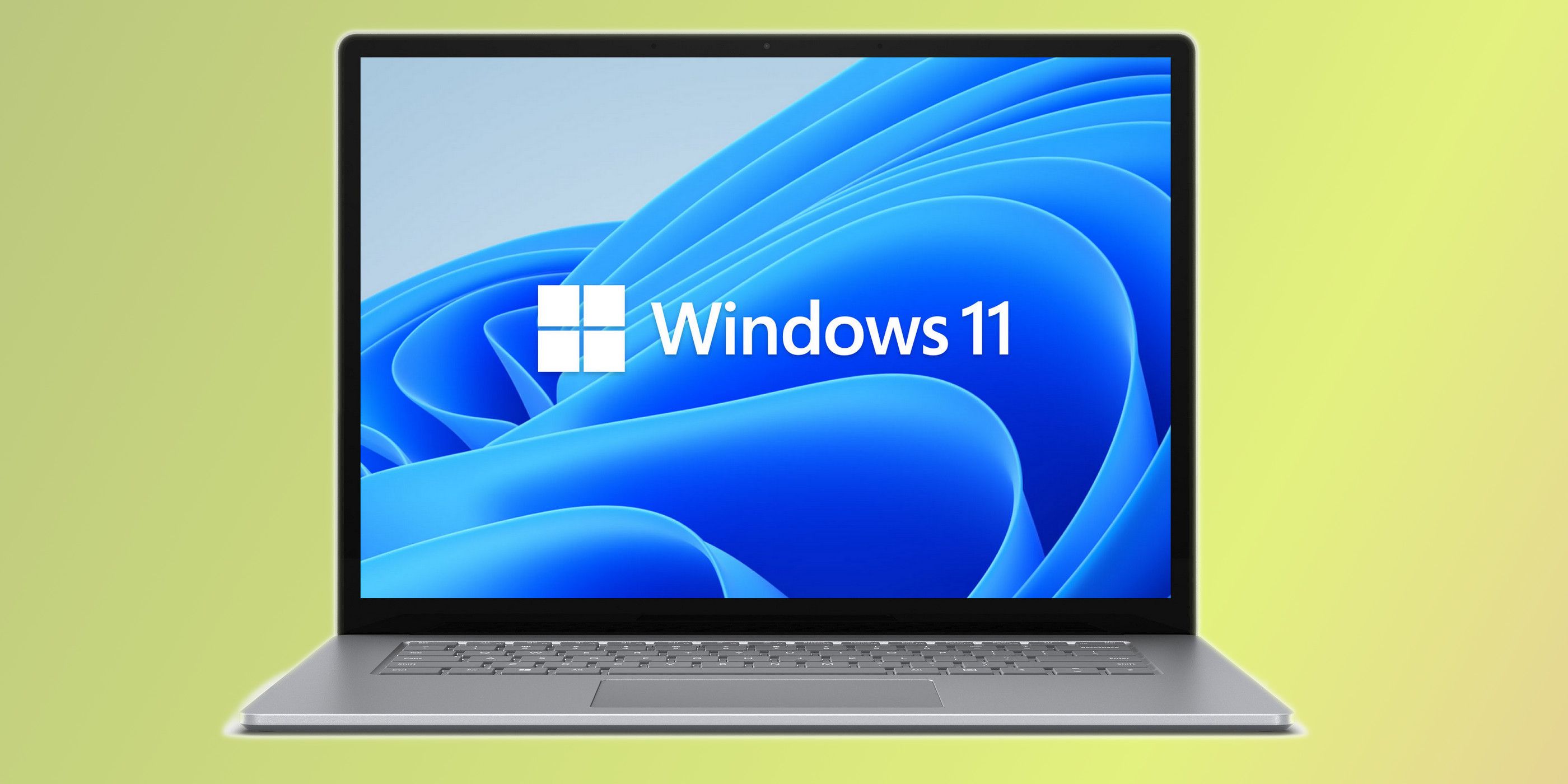
Microsoft has released an updated list of processors that will support its next major OS upgrade, but the company now says systems based on older non-compatible CPUs will also be able to run Windows 11 after all — albeit not through an official method. To recall, the company kicked up a storm when it revealed Windows 11 and laid out a list of hardware requirements for the next iteration of the operating system. The minimum hardware needed for Windows 11 is quite modest, except for a huge list of processors that Microsoft excluded, starting as early as the 8th Gen Intel processors on the baseline.
The list even left machines such as Microsoft’s not-too-old and pricey Surface Studio 2 in the dead zone, alongside PCs packing high-end 7th Gen Intel Core series chips as well as first-gen AMD Ryzen silicon. Over time, Microsoft kept provided minor updates to the list and recently added a few more names which include the Intel Core i7-7820HQ, Core X-series, and Xeon W-series processors. However, what has remained unchanged so far is Microsoft’s stance on systems that will not be able to run Windows 11 if they don’t make it to the processor cut-off list. Well, that’s finally changing.
Microsoft says PCs based on older processors that are not listed on the compatibility database will still be able to install Windows 11, but outside of the official software update system. What this means is these machines won’t get the Windows 11 software update when it is released via the stable channel in the fall season. Instead, users will have to rely on downloading the Windows 11 ISO file and installing the OS manually. However, Microsoft notes that users should do this at their own risk because running Windows 11 on a non-compatible machine will come with issues such as driver compatibility and stability problems like system crashes and apps freezing randomly.

The gist is that Microsoft is no longer enforcing a hard block on installing Windows 11 on a non-compliant PC. Installing the new OS will come at a cost, as it won’t be a part of the official software update cycle, and crucial patches that roll out to supported machines will likely remain absent from unsupported hardware configurations. Another solution is to keep the non-compliant PC into the Windows Insider program for testing Windows 11 preview builds without having to meet the processor requirement. However, Windows 11 will still check for the minimum hardware requirements — a dual-core processor, 4GB RAM, and 64GB storage — before installing Windows 11.
But do keep in mind that this method is primarily for enthusiasts and should not be performed on any computer crucial to daily life or work. To make sure that the point is well communicated, Microsoft shared some test results after running Windows 11 on non-compatible PCs. The company says systems that don’t meet the hardware requirement have a 52 percent higher crash frequency, while compatible systems will offer an almost crash-free experience; 99.8 percent crash-free, to be precise. The message is clear here: Microsoft won’t block millions of non-compatible PCs from running Windows 11, but doing so will come at the cost of a performance hit, system crashes, no official software update cycle, and a less-than-ideal user experience.
Source: Microsoft
from ScreenRant - Feed https://ift.tt/38qNByL
via IFTTT







0 comments:
Post a Comment